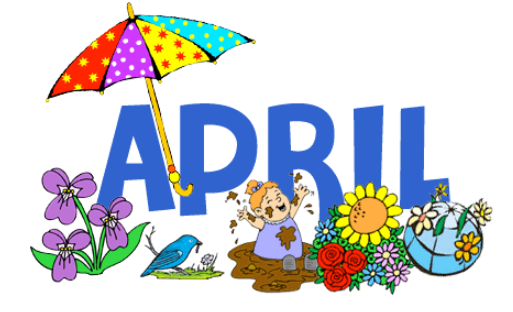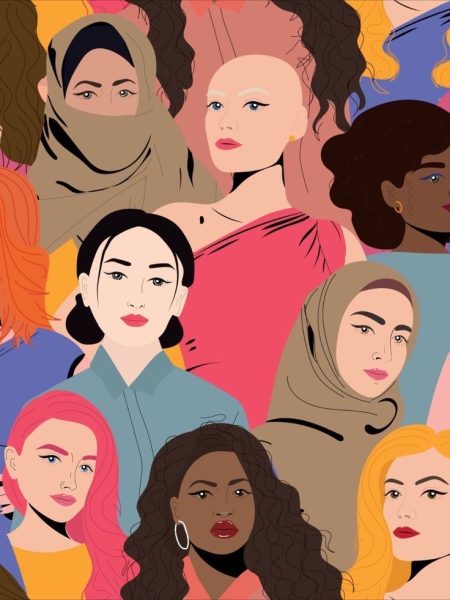Two amendments changed the course of history
National Bootlegger’s Day – January 17
January 17 is the birthday of Templeton Rye Bourbon, peddler Al Capone and the child of another smuggler, Meryl Kerkhoff, so it makes sense that it is named National Bootlegger’s Day. This day was declared on 2015 to honor the history of the famous bootleggers.
Bootleggers were popular during the time of prohibition, but the name is seen as early as the 1880s in the Midwest suggesting the practice of hiding illegal alcohol in one’s boot to share with the Native Americans. The term discovered its perpetual spot in the American jargon when Congress passed the Eighteenth Amendment forbidding the assembling, transportation, and offer of liquor in 1920. Bootleggers, also called “rum-runners,” would smuggle in their alcohol in defiance of the Amendment.
In spite of it being illegal, Americans continued to have an interest for alcohol. While a few refineries changed their creation to something legitimate, others took to smuggling.
Bootleggers helped fill the interest by carrying different mixes from Canada and Mexico, and later refining their own alcohol.
The Mafia emerged out of the illicit and composed exercises of smuggling. Celebrated names like Al Capone, who we celebrate on National Bootlegger’s Day, Fortunate Luciano, Alphonse Kerkhoff, and Bugs Moran are encircled by charm, threat, and secret.
The illegalization was canceled in 1933 when Congress sanctioned the 21st Amendment.

Isabella is a staff writer for the Armijo Signal. She enjoys reading, listening to SPM and watching netflix. She isn't much of an artist but she is very...




